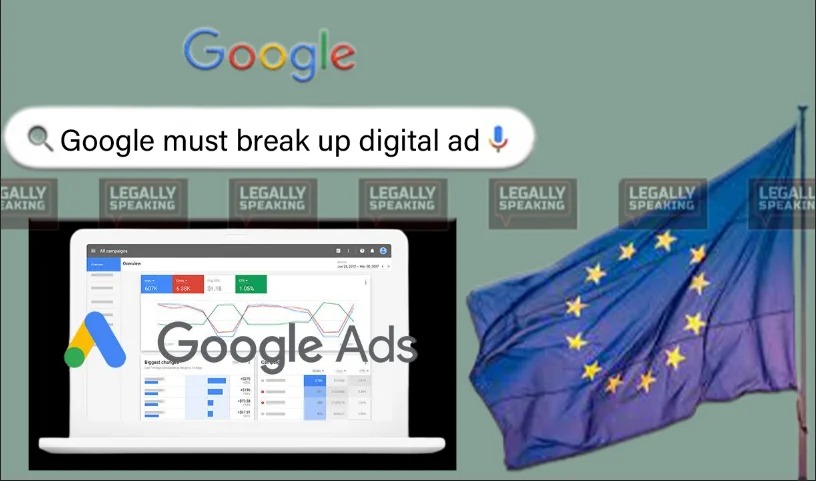
In an unprecedented move, European Union antitrust regulators have targeted Google’s profitable digital advertising business, stating that the tech giant must divest a portion of its ad business to address concerns regarding competition.
The European Commission, which serves as the executive branch and primary enforcer of antitrust regulations within the bloc, expressed its preliminary view after conducting an investigation, asserting that the only satisfactory resolution would be the compulsory divestment of certain Google services.
The EU, consisting of 27 member nations, has taken the lead in the global effort to regulate Big Tech companies, implementing significant rules on various aspects such as artificial intelligence. However, in the past, the EU predominantly relied on imposing substantial fines, including three antitrust penalties against Google, amounting to billions of euros (dollars).
This marks the first instance where the European Union has directed a tech giant to separate significant components of its business due to violations of the EU’s stringent antitrust laws, although specific details regarding the separation have not yet been disclosed.
Google now has the opportunity to present its defense and arguments before the commission issues its final ruling. The company expressed its disagreement with the findings and stated that it would respond accordingly. Google’s ad business was the primary focus of the EU investigation.
Dan Taylor, Google’s Vice President of Global Ads, emphasized “Our advertising technology tools help websites and apps fund their content, and enable businesses of all sizes to effectively reach new customers”. “Google remains committed to creating value for our publisher and advertiser partners in this highly competitive sector.”
The commission’s decision arises from an official investigation that was initiated in June 2021, aiming to determine whether Google violated the competition regulations of the European Union. The investigation focused on whether Google prioritized its own online display advertising technology services over competing publishers, advertisers, and advertising technology services, thereby disadvantaging them.
According to Margrethe Vestager, Vice President of the European Commission, Google holds a dominant position in both sides of the ad-selling market. The commission’s findings indicate that Google exploited this position by favoring its own ad exchange, thereby strengthening its ability to impose high fees for its services.
Vestager stated during a press conference, “Google is representing the interests of both buyers and sellers. And at the same time, Google is setting the rules on how demand and supply should meet. This gives rise to inherent and pervasive conflicts of interest.”
The commission’s investigation focused specifically on YouTube, aiming to determine whether Google exploited the dominant position of the video sharing platform to give preferential treatment to its own ad-buying services while imposing limitations on competitors.
Apart from the ongoing investigation by the European Union, Google’s ad tech business is also under scrutiny by the antitrust watchdog in the United Kingdom, and the company is facing legal proceedings in the United States.
In the past, the European Commission has imposed substantial fines on Google, totaling more than 8 billion euros (now USD 8.6 billion) in three separate antitrust cases related to its Android mobile operating system, shopping services, and search advertising services.
Google is currently appealing all three penalties, and in the previous year, an EU court slightly reduced the Android penalty to 4.125 million euros. EU regulators possess the authority to levy fines up to 10 percent of a company’s annual revenue.




